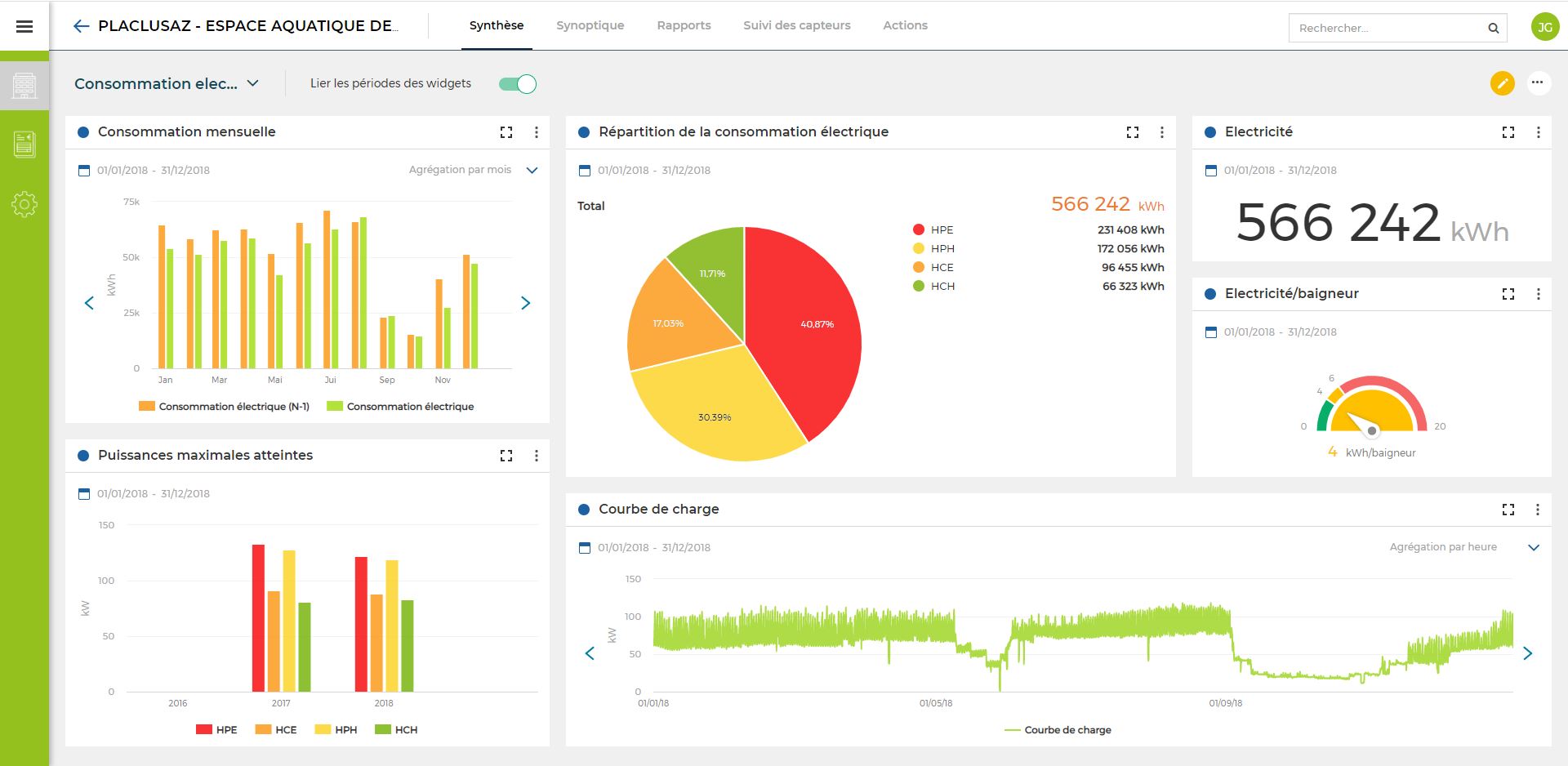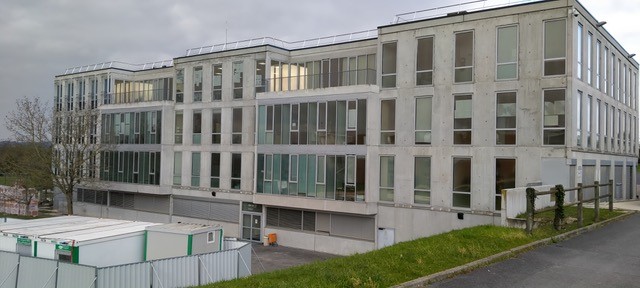The Tertiary Decree
Thinking today about tomorrow’s buildings
Since the 2010 Grenelle environmental laws and the law on energy transition for green growth, the Tertiary Decree has been a major issue in the energy transition. Also known as the “Tertiary Eco Energy”, the Tertiary Decree is a real obligation for each stakeholder in the tertiary sector: project owner, manager, tenant, etc.
As a reminder, the next deadline is December 30, 2022.
PHOSPHORIS assists you to meet the obligations of the Tertiary Decree

Admiral Bruix offices in Paris – Perspective : Philippe Chiambaretta Architect – PCA

Who is concerned by the Tertiary Decree ?
The Tertiary Decree is a regulation that aims to ensure the energy transition of tertiary buildings. More concretely, it aims to progressively reduce the energy consumption of tertiary buildings in order to achieve a 60% reduction in energy consumption in 2050 compared to 2010.
The Tertiary Decree concerns the stakeholders of tertiary buildings with an activity surface on the cadastral parcel greater than or equal to 1,000 m².
As a reminder, a tertiary building is a real estate property that groups together activities related to the service industry. This concerns for example offices, shops, health and educational establishments, hotels, sports facilities or public administrations. The decree requires the owners and operators of establishments housing tertiary activities, both in the public and private sectors, to make the necessary changes to reduce the energy consumption of tertiary buildings.
What are the objectives set by the Tertiary Decree ?
Following the ELAN law, stakeholders are obliged to reduce their final energy consumption of the entire tertiary sector, compared to 2010, by at least :
-40 %
by 2030
-50 %
by 2040
-60 %
by 2050
The objectives defined are progressive. They can be achieved by applying one of two methods:
- The method in relative value, in relation to a reference year that cannot be prior to 2010.
- The method in absolute value, taking into account indicators of intensity of use specific to each type of activity. The values to be respected are fixed by decree before the beginning of each decade and the objectives must be reached at each deadline: 2030, 2040 and 2050.
What are the deadlines for achieving these goals ?
Here are the official dates for the upcoming deadlines:
- Through December 30, 2022 : 1st deadline for uploading consumption data to the OPERAT platform.
- End of 2024 : Detailed analysis of data from the 2020-2023 period.
- September 30, 2026 : Declaration of modulation and usage intensities for the 1st decade.
- December 31, 2031 : Verification of the achievement of the 1st decade targets.
The OPERAT digital platform
The owner, lessor or occupier must declare the consumption of his tertiary premises on OPERAT. In return, the platform provides an annual certificate of consumption adjusted according to climatic variations with its situation, compared to the objectives. This certificate is completed by the Eco Energie Tertiaire rating. This rating qualifies the progress made in reducing energy consumption.

PHOSPHORIS’S solutions for tertiary buildings
For the December 30, 2022 deadline set by this decree, PHOSPHORIS proposes a basic intervention in 2 parts: the development of an energy review and an action plan.
The energy review
The Eco-Tis energy review consists of 4 steps:
- Definition of the perimeter
- Data collection
- Data qualification
- Definition of the reference situation.
As an option, the Smart Eco-Tis tool proposes the implementation of the digital solution Optinergis, developed by PHOSPHORIS and interfaceable with OPERAT.

Optinergis platform for monitoring building performance
The action plan
PHOSPHORIS Engineering will propose a coherent action plan according to the sites and the objectives. The realization of an energy audit will allow to identify the possible gains on the assets. The action plan will focus on :
- Adjustments and optimization of the operation of the facilities
- Energy equipment and systems
- The building envelope
- Local production of renewable energy
These actions will allow us to present scenarios with the amount of the investment and the return on investment time.
PHOSPHORIS will then accompany you in the realization of this action plan by proposing a project management mission or a Global Performance Contract with one or several energy renovation companies. PHOSPHORIS will update the file on OPERAT once the work is done and after verification of the results.

Renovation of the facades of Building 13 of the Red Cross Campus, URCA, Reims – site photo
Want to know more about our solutions for the Tertiary Decree ?
Contact us now !



